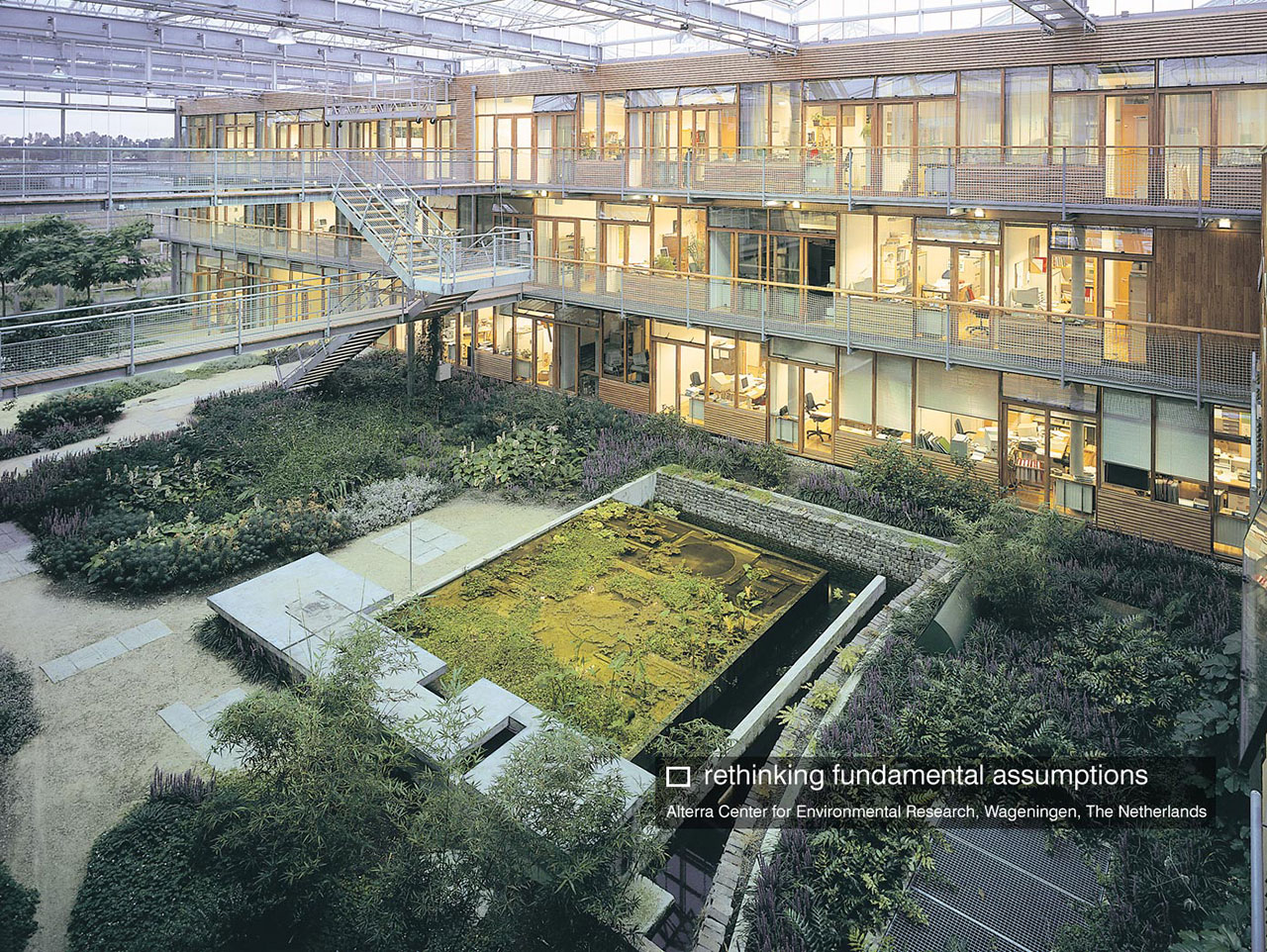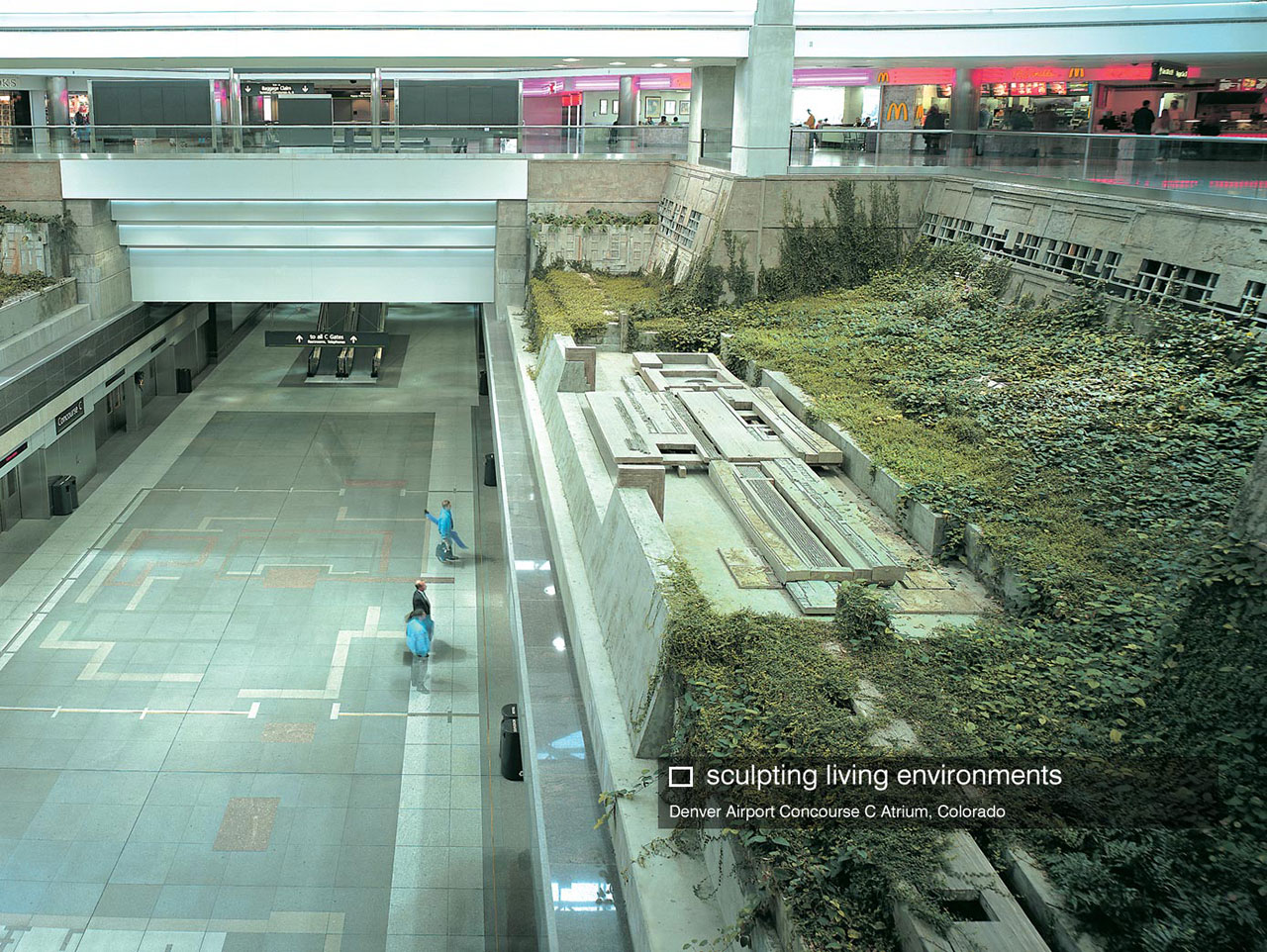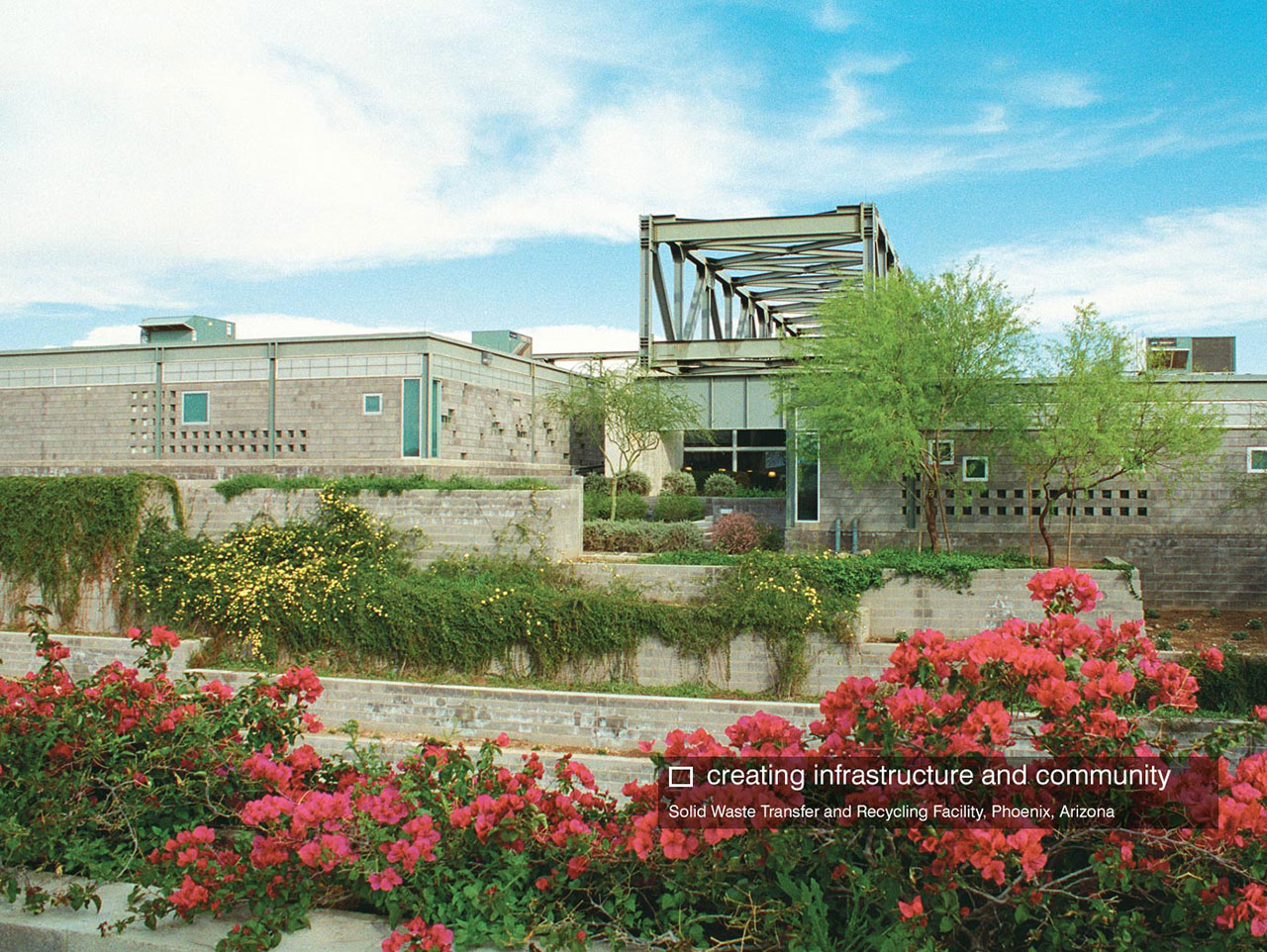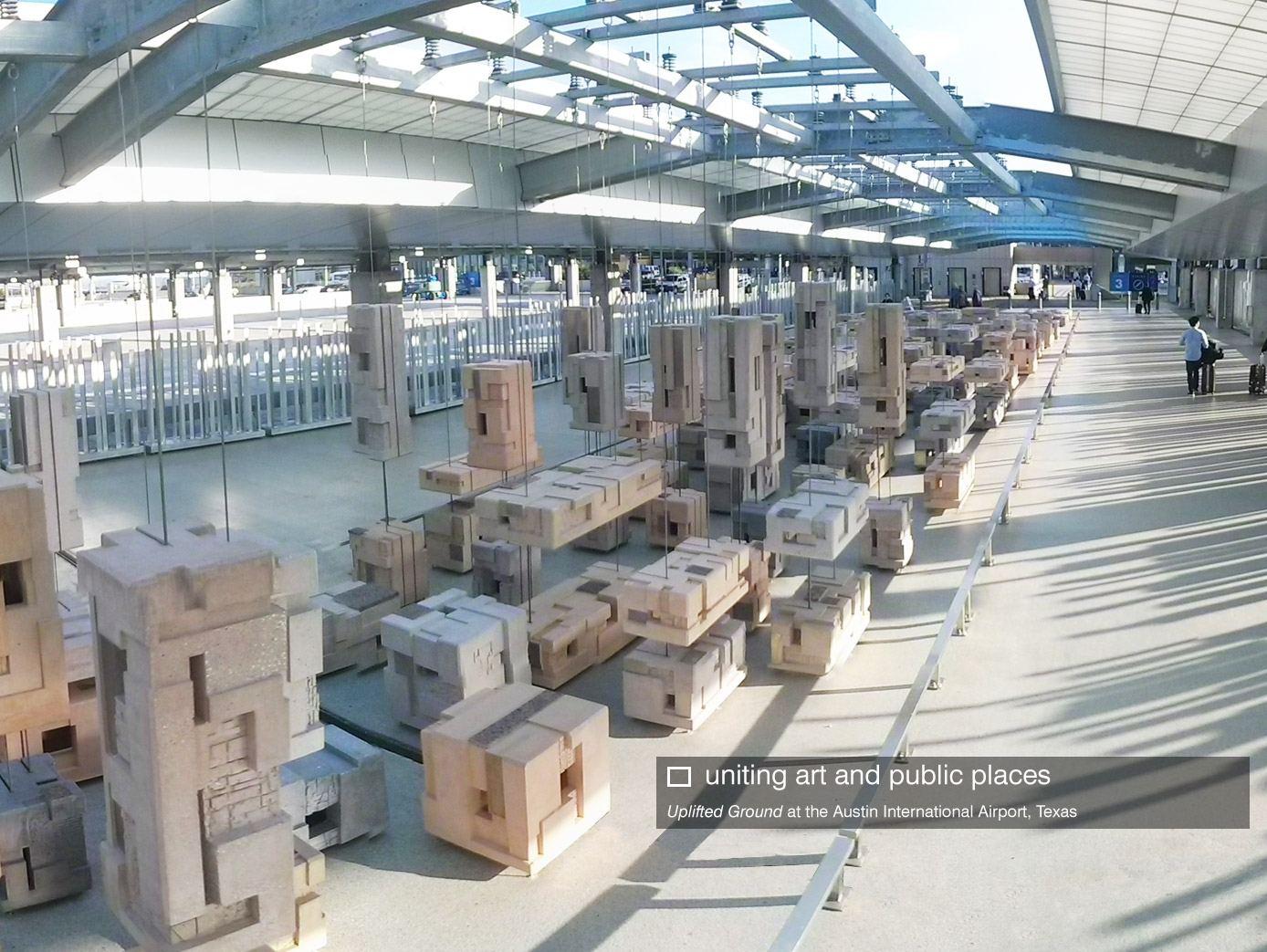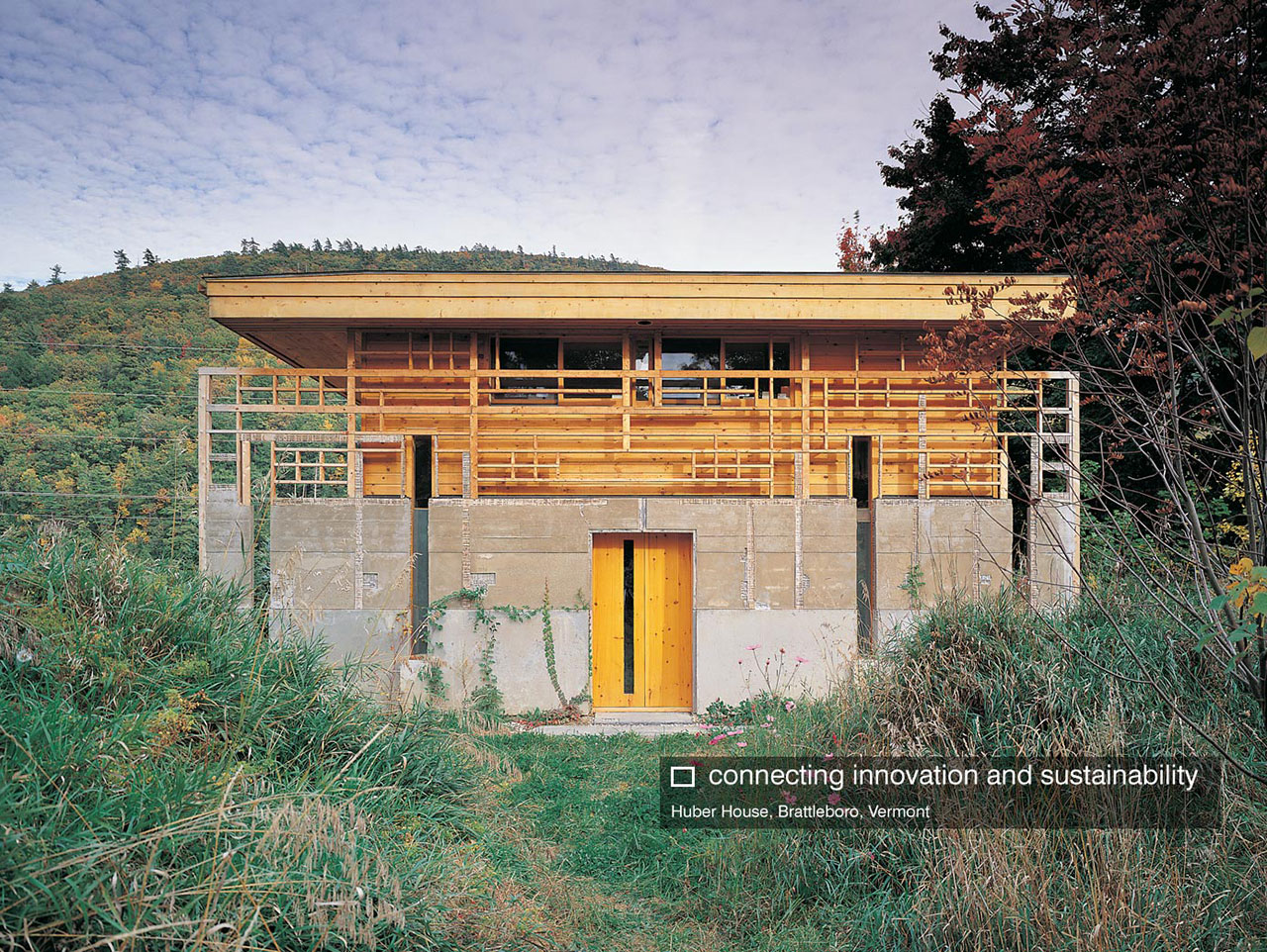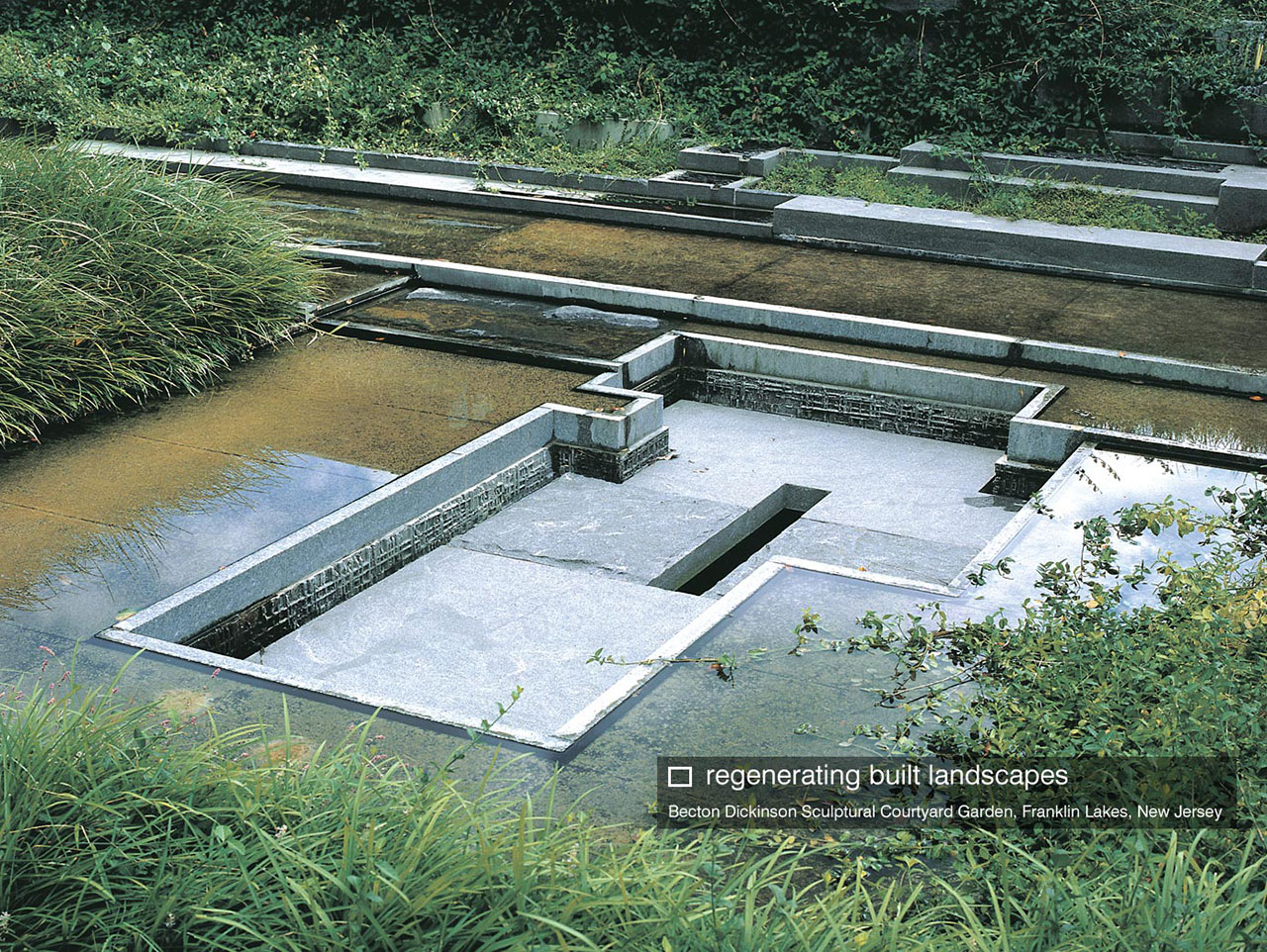Indoor Gardens
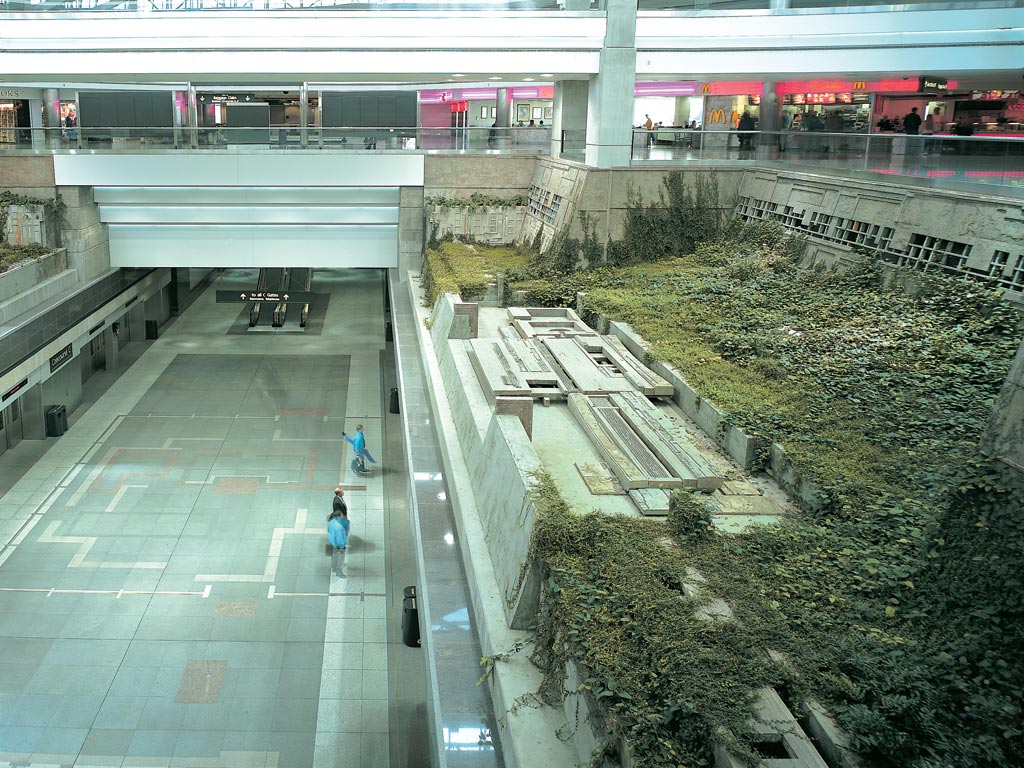
Michael Singer Studio has created some of the most aesthetically rich and technically complex indoor gardens in the world. Some of these indoor gardens function as living systems and actively filter the air and water within buildings. The Alterra Atria Gardens (see here) in Wageningen, The Netherlands function as the “lungs and kidneys” of the building complex, cleaning air and gray water as well as providing comfortable climate control. All of the Michael Singer Studio Indoor Gardens and Atrium Gardens projects include plantings that filter the air; the projects with the densest plantings being more active filters than the others. Indoor air quality is a significant factor in human health that is often overlooked and has a major impact on office productivity, sick days, and overall well-being. Consider this statement from “Questions About Your Community: Indoor Air” by the United States Environmental Protection Agency (website, 2014):
“The average American spends approximately 90 percent of their time indoors. And while most people are aware that outdoor air pollution can damage their health, many do not know that indoor air pollutants can also do the same. Indeed, studies of human exposure to air pollutants by EPA indicate that indoor levels of pollutants may be 2 to 5 times – and occasionally more than 100 times – higher than outdoor pollutant levels. Indoor air pollutants have been ranked among the top five environmental risks to public health. The problems they cause can be subtle and do not always produce easily recognized or immediate impacts on health.”
One way to improve indoor air quality is with indoor gardens that bring light, fresh air, and plants into the building envelope. Some studies have shown certain indoor plants to be beneficial for indoor air quality, most notably the NASA Clean Air Study that demonstrated that certain indoor plants may provide a natural way of removing toxic agents such as benzene, formaldehyde and trichloroethylene from the air and help neutralize the effects of sick building syndrome. Other studies have demonstrated that mutually supportive plant/soil-micro-organism interactions also improve indoor air quality. This, in combination with large glazed atriums that promote abundant natural light and additional fresh air intake, have the ability to create healthier buildings and indoor spaces.
In addition to these tangible benefits, Michael Singer’s sculpted interior gardens have inspired the curiosity and admiration of viewers for decades. The Becton Dickinson Atrium Garden was created through a process of excavation, allowing for the creation of deep mysterious sculptural niches beneath the planted ground plane (see here). The Denver Airport Interior Garden’s vegetated sculptural platforms and sculpted walls with niches have become an occasional home to birds trapped in the airport (see here). People have written letters to Michael Singer noting the gardens in Concourse C as a refuge for not only avian life but also for airport employees who visit the garden daily as an escape from the otherwise sterile airport environment.
Michael Singer Studio works with numerous collaborators developing indoor gardens and atrium gardens including plant specialists, irrigation and waterproofing experts, specialty contractors and maintenance providers. A team of expert consultants is created for each of these specialty projects to ensure a thriving, healthy, and inspiring indoor garden space.

